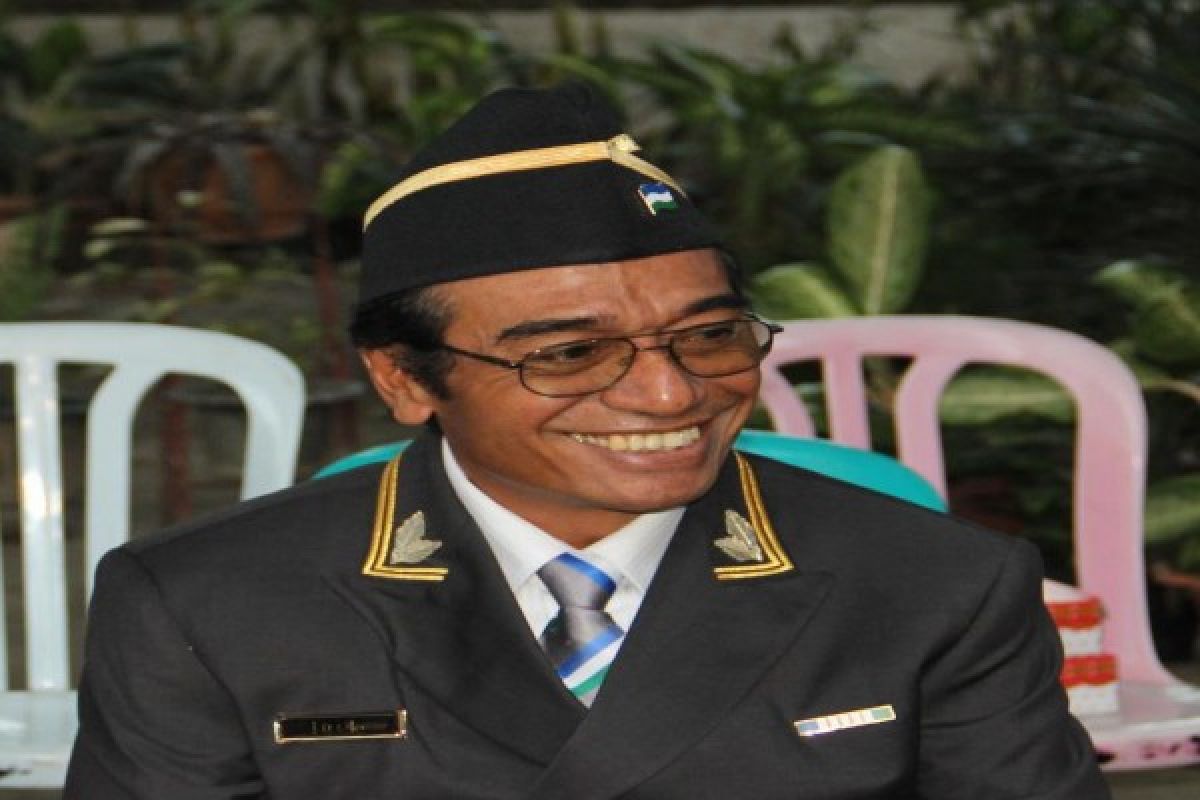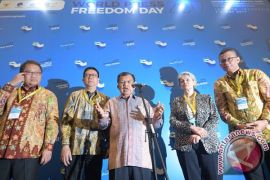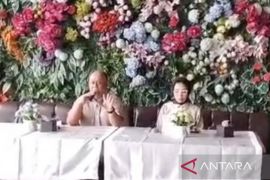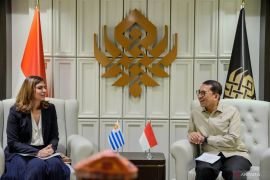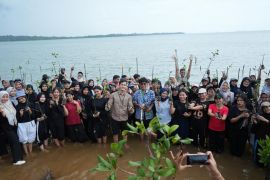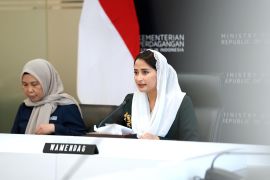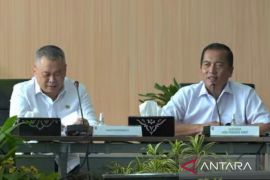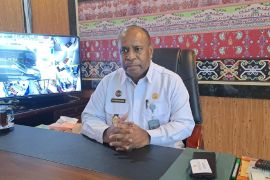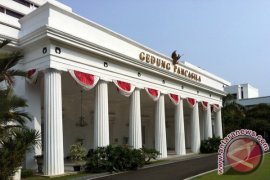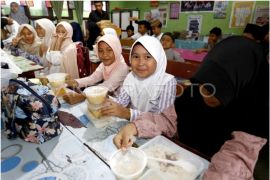A tally broadcast live by the country`s electoral commission on state-owned radio and television station RTTL, put Guterres ahead with around 27 percent of of the 325,300 votes counted so far -- just over half the total votes cast.
Former guerrilla leader Taur Matan Ruak was behind with 24 percent of the vote, while Nobel Prize-winning incumbent Ramos-Horta was in third with slightly over 19 percent.
Votes were being counted by hand, some in remote areas with poor communications, with official results not due until later in the week,according to election officials.
Ermenegildo Lopes, head of the Bloku Ploklamador whose pro-reform alliance has five places in the 65-seat parliament, said he doubted any candidate would land the knock-out blow needed to avoid a second round of voting.
"Our representatives in the districts indicate that the vote is split. With 12 candidates running it is hard for any one of them to get the more than 50 percent majority constitutionally required for an outright win," he told AFP.
In the 2007 polls Ramos-Horta, a Nobel-laureate now seeking another five-year term, beat Guterres in a run-off. A second round of voting would be held in two weeks` time if no clear winner emerges from Saturday`s vote.
The vote is the first in a series of key events in the poor and chronically unstable country still traumatised by Indonesia`s brutal 24-year occupation, which ended with a vote for independence in 1999.
In May, East Timor will celebrate 10 years of independence, which came after three years of UN administration. Then, in June, voters will choose a new government in a general election.
At the end of the year the nation of 1.1 million people bids goodbye to UN forces stationed in the country since 1999.
Saturday`s voting was remarkably organised for the poor and chronically unstable country.
The polling stood in stark contrast to the deadly pre-election violence that erupted in 2006, which left the country on the brink of civil war.
(U.H-RN)
Editor: Priyambodo RH
Copyright © ANTARA 2012
